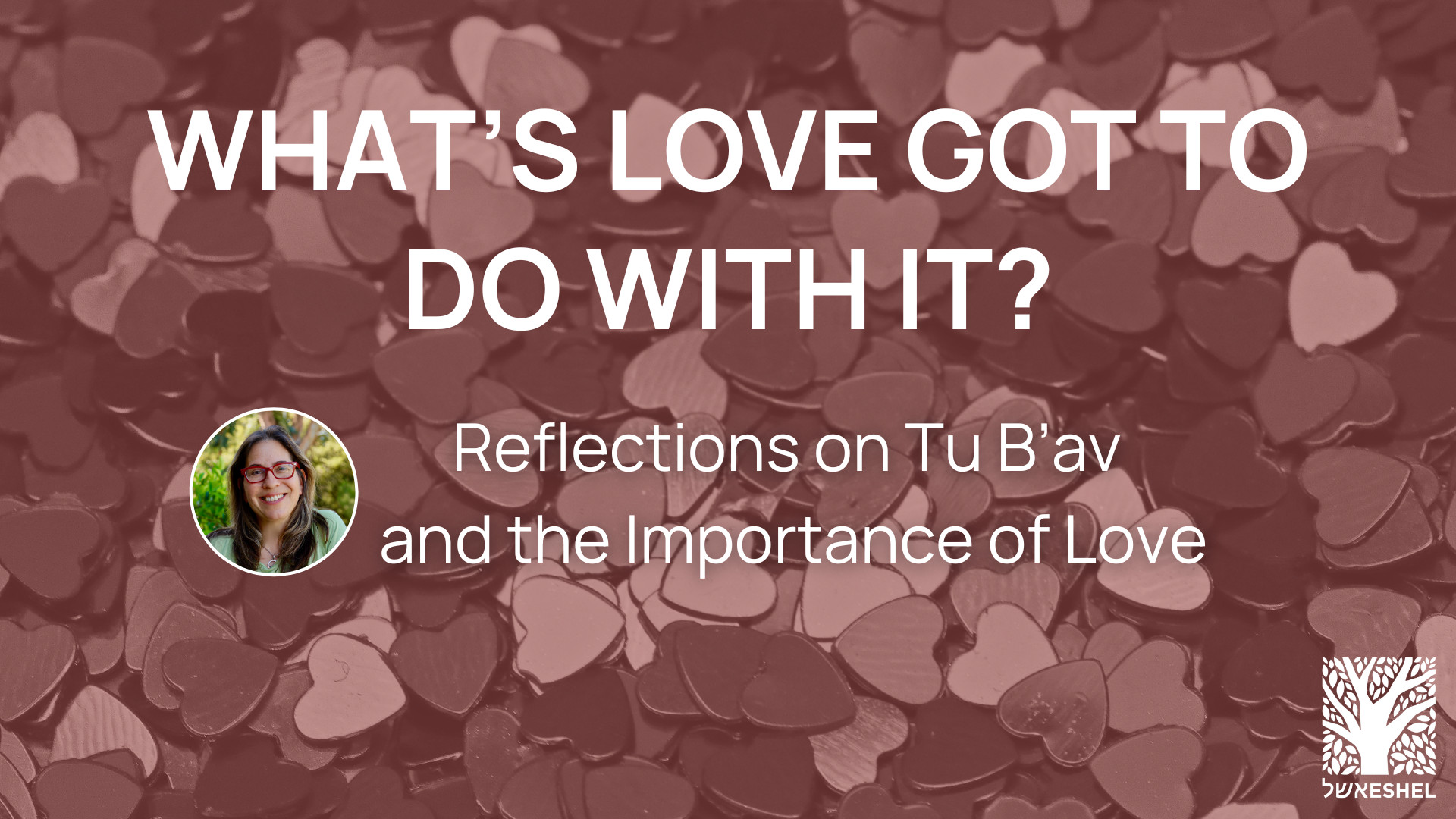When voices within Orthodox Judaism continue to suggest celibacy as the path for LGBTQ+ individuals seeking to remain within the community, it begs the question: have they truly considered the essence of Tina Turner’s iconic song, “What’s Love Got to Do With It?”
For some, the answer, echoing the song’s cynical undertones about love, seems to be: nothing at all.
My education within Yeshiva University instilled in me the profound principle of Torah U’Mada – the belief that worldly knowledge and the human experience can and must harmonize with Torah values, informing our Halachic (Jewish legal) decisions. We understand unequivocally that being LGBTQ+ is not a choice. We also recognize that building a Jewish home with a partner is a fundamental Jewish value. It was my firm belief that these understandings had long since dismantled the notion that celibacy should be presented as advice, let alone an expectation, for LGBTQ+ individuals in Orthodox communities. Therefore, it was deeply unsettling to recently hear this very suggestion from a Modern Orthodox Rabbi, one I considered to be within the moderate spectrum. While such a stance might be anticipated from those who deny the reality of LGBTQ+ identity, its emergence from a supposed “ally” was disheartening. It immediately brought to mind the poignant question: in these discussions, where is the consideration for love?
Too often, conversations from Orthodox Rabbis and leaders regarding lesbian, gay, and bisexual Jews become narrowly focused on sex and abstinence. Love, the cornerstone of relationships and human connection, is conspicuously absent. In a community that so emphatically champions love, marriage, and family, it is perplexing why the same leaders are so quick to overlook the fundamental human need for love in the lives of queer Jews.
 Blog Post Image
Blog Post Image
Image alt text: Text overlay reads “When I see that rabbis are still advocating for celibacy if an LGBTQ+ individual wants to remain Orthodox, I wonder if they have heard the Tina Turner song, What’s Love got to do with it?”. Image background shows a blurred, diverse group of people in conversation, symbolizing community and inclusion.
In my own journey of understanding my spiritual, emotional, and physical attraction to women, the daunting prospect of a celibate life did briefly surface as a means to maintain my cherished connection to the community I was raised in. However, I quickly recognized that this path contradicted a core Orthodox ethos. It would demand a denial of a fundamental Jewish value – the importance of companionship and partnership.
Lo tov heyot adam levado – “It is not good for man to be alone.” In the narrative of creation, this is the first element deemed “not good” – solitude.
Furthermore, my deep-seated desire to have children was always present, and I envisioned raising them not in isolation, but within a loving partnership. I yearned for a Jewish home, built with a Jewish spouse. I wanted the fullness of life, and I was resolute in achieving it. No external expectation would diminish that aspiration. Now, decades later, I am living that cherished reality.
It is genuinely astonishing when Rabbis who passionately preach the significance of building a Jewish home, who elevate the mitzvah (good deed) of facilitating shidduchim (matchmaking), and who creatively seek solutions to enable a wife’s timely return to the mikvah (ritual bath), would simultaneously advocate for LGBTQ+ Orthodox individuals to lead lives devoid of partnership. Unless chosen willingly, such a proposition seems inherently cruel. Fortunately, I disregarded the voices that would have urged me to abandon my dream of a wife, children, and a beautiful Jewish home. My Orthodoxy is my own, defined by my lived experience and values, not by the limitations imposed by others.
It is profoundly difficult to imagine that these same Rabbis would willingly embrace the very lifestyle they prescribe to queer individuals. Would they choose to remain within a community that denies their basic human needs for connection and love? Could they willingly suppress their innate drive to love, be loved, and build a home with another person? To contemplate raising children alone, or forgoing parenthood altogether? And more crucially, are they prepared to cultivate a community that genuinely supports and embraces someone in such a position? I believe the answer is unequivocally no.
The annual celebration of Tu B’Av serves as a vibrant reminder of the beauty inherent in loving relationships. Tu B’Av is regarded as a day of joy comparable to Yom Kippur in Jewish tradition, both considered auspicious times for matchmaking. Tu B’Av is a festival of romance, longing, and love. It stands as a powerful affirmation that love, affection, and mutual care are fundamental human needs and rights for all.
Tu B’Av reinforces the understanding that relationships extend far beyond mere sexuality; they are fundamentally about love in its most encompassing form.
The groundbreaking book, “The Good Life: Lessons From the World’s Longest Scientific Study of Happiness,” by researchers Robert Waldinger and Mark Schulz, distills profound wisdom: strong relationships are the cornerstone of a happy and fulfilling life. Conversely, loneliness inflicts demonstrable damage on our physical health. U.S. Surgeon General Vivek Murthy has declared, “I believe loneliness is one of the defining public health concerns of our time.”
To force an individual to choose between love and their Orthodox identity is to present a deeply unjust and untenable dilemma. It creates a false dichotomy, compelling choices where neither outcome fosters the potential for genuine happiness. This is the very reason Eshel exists.
At the heart of the matter lies a simple truth: individuals need love. And when it comes to a fulfilling human existence, love has everything to do with it.
Miryam Kabakov, Executive Director
Eshel proudly supports Yente Over the Rainbow, empowering LGBTQ+ love to flourish through matchmaking.
